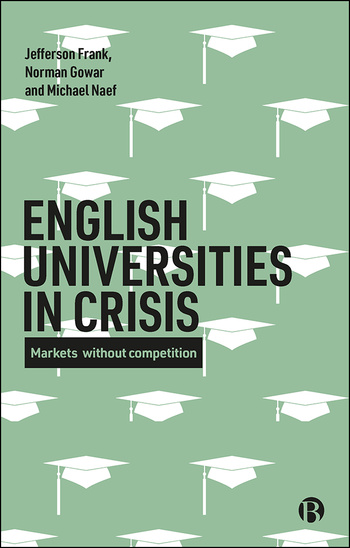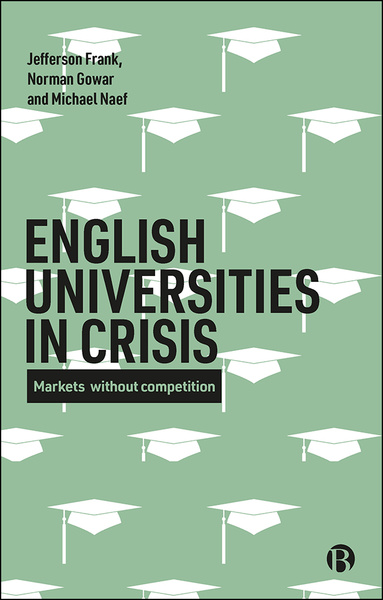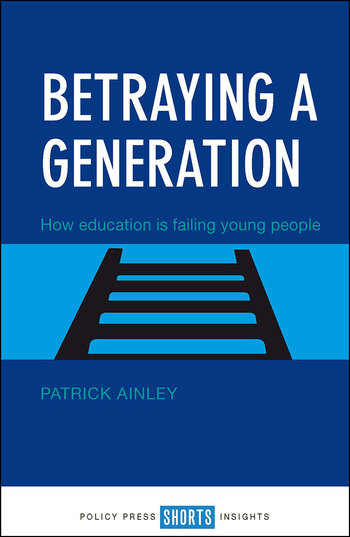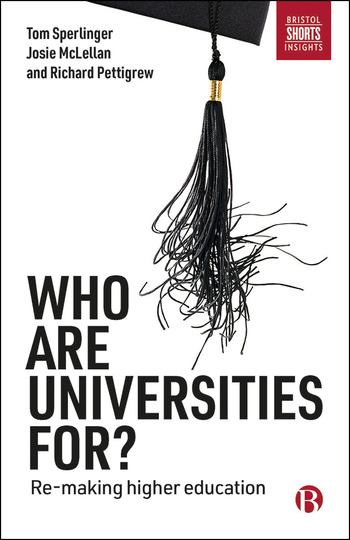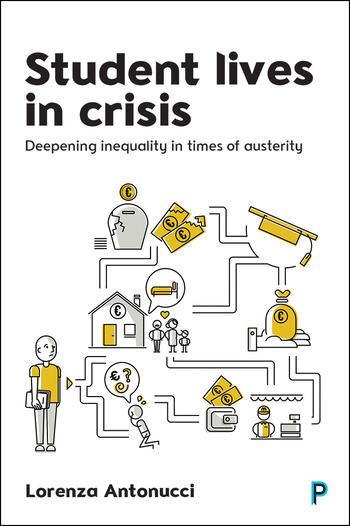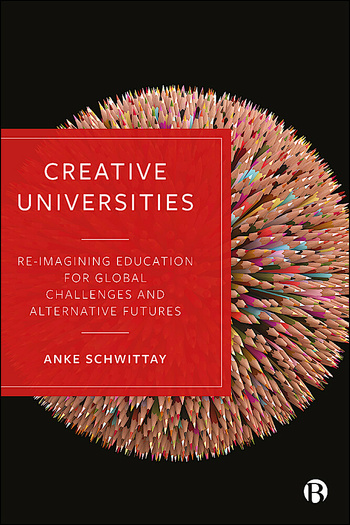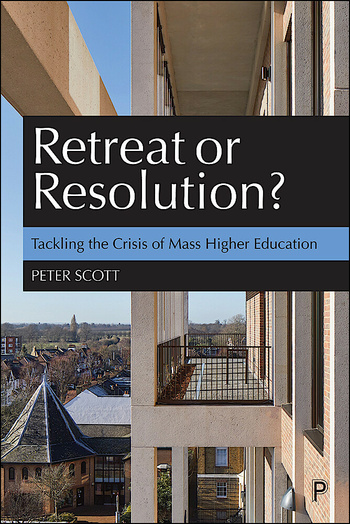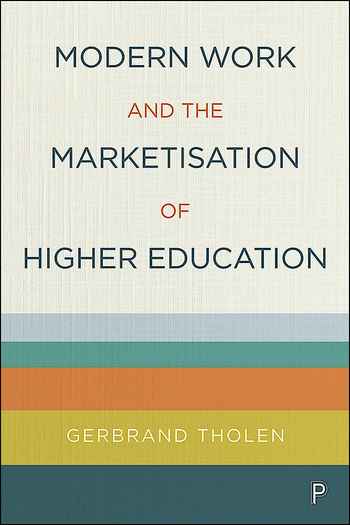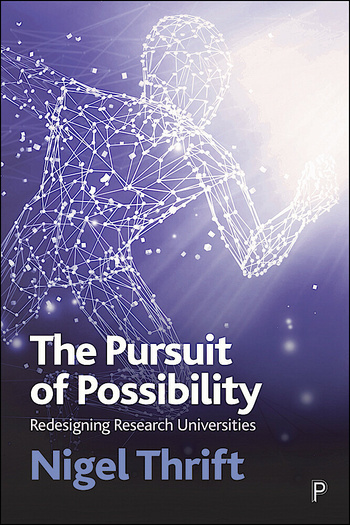Recent policies have replaced direct government funding for teaching with fees paid by students. As well as saddling graduates with enormous debt, satisfaction rates are low, a high proportion of graduates are in non-graduate jobs, and public debt from unpaid loans is rocketing.
This timely and challenging analysis combines theoretical and data analysis and insights gained from running a university, to give robust new policy proposals: lower fees; reintroduce maintenance awards; impose student number caps; maintain taxpayer funding; cancel the TEF; re-build the external examiner system; restructure the contingent-repayment loan scheme; and establish different roles for different types of institutions, to encourage excellence and ultimately benefit society.









